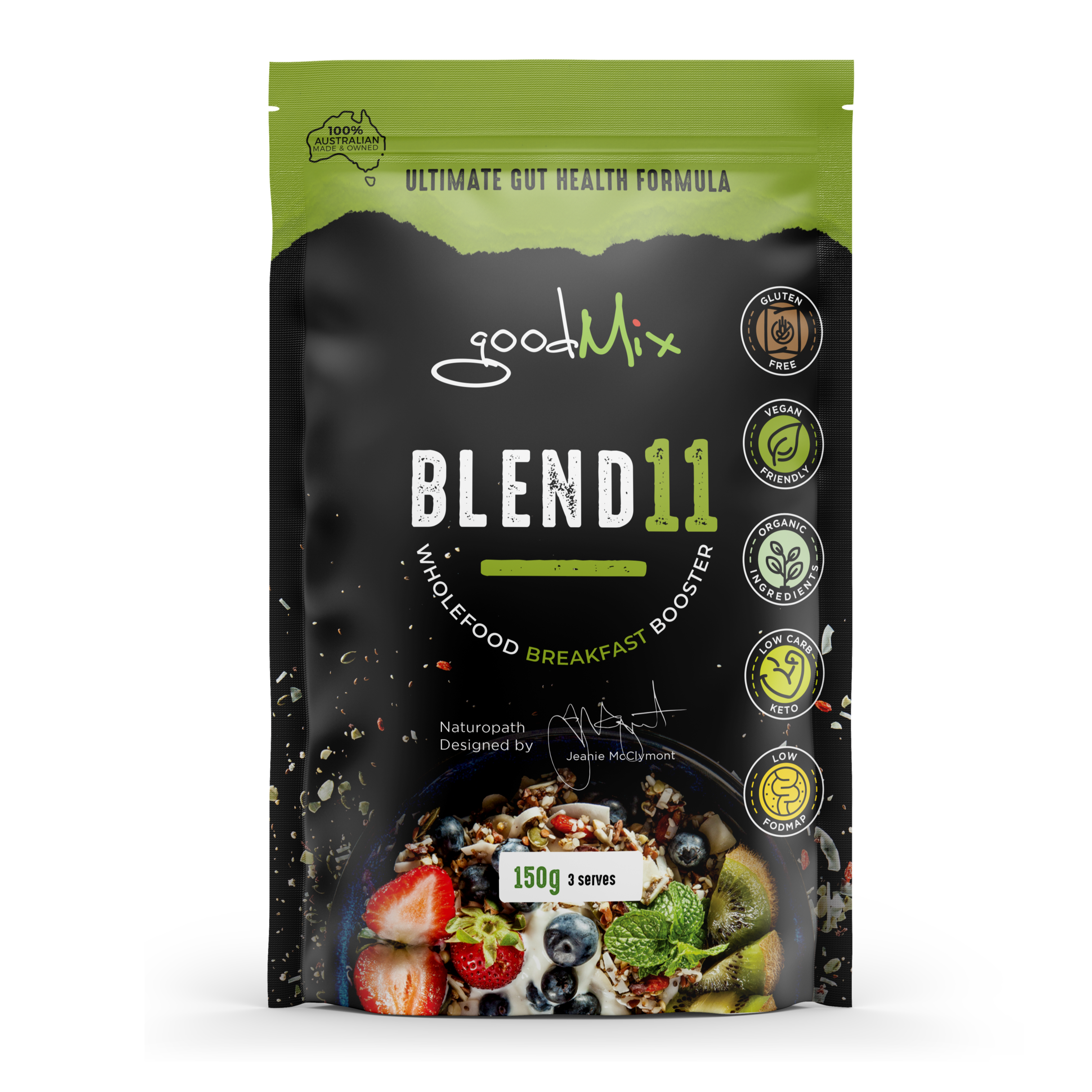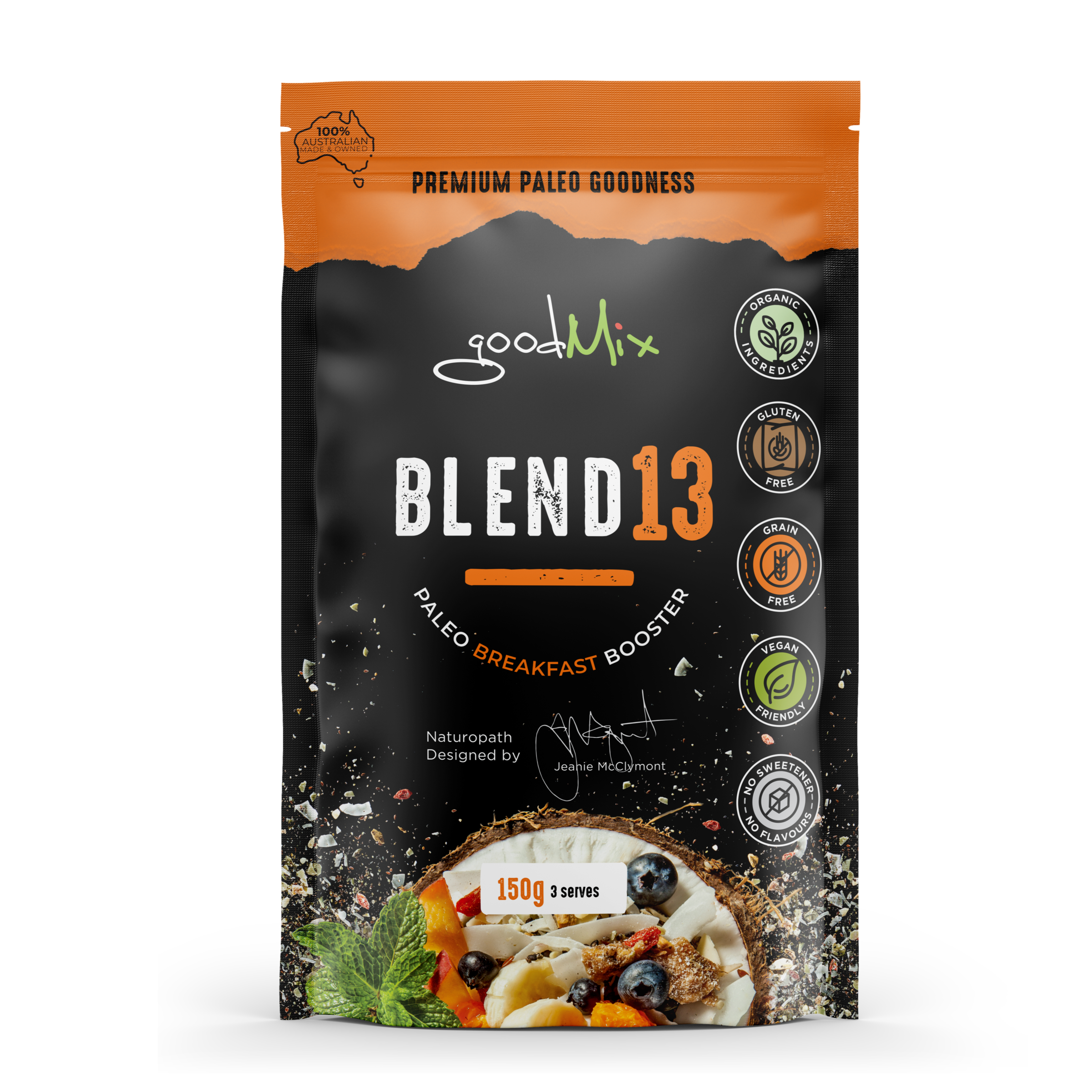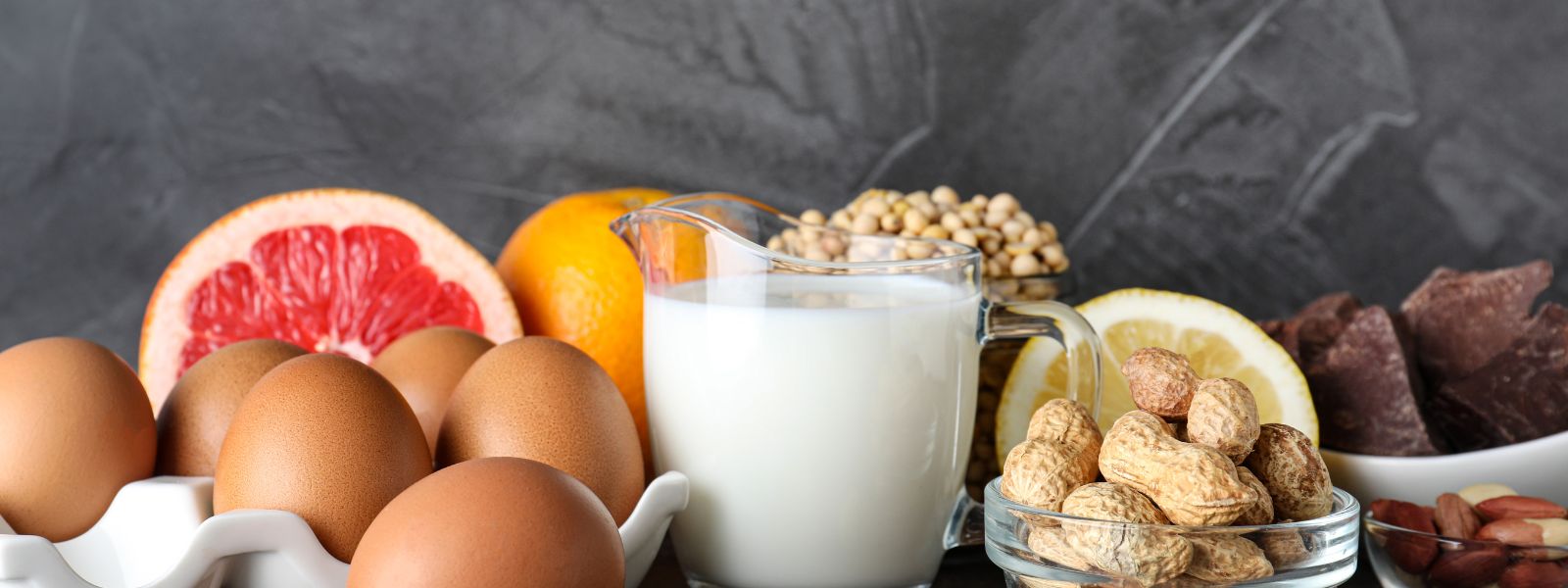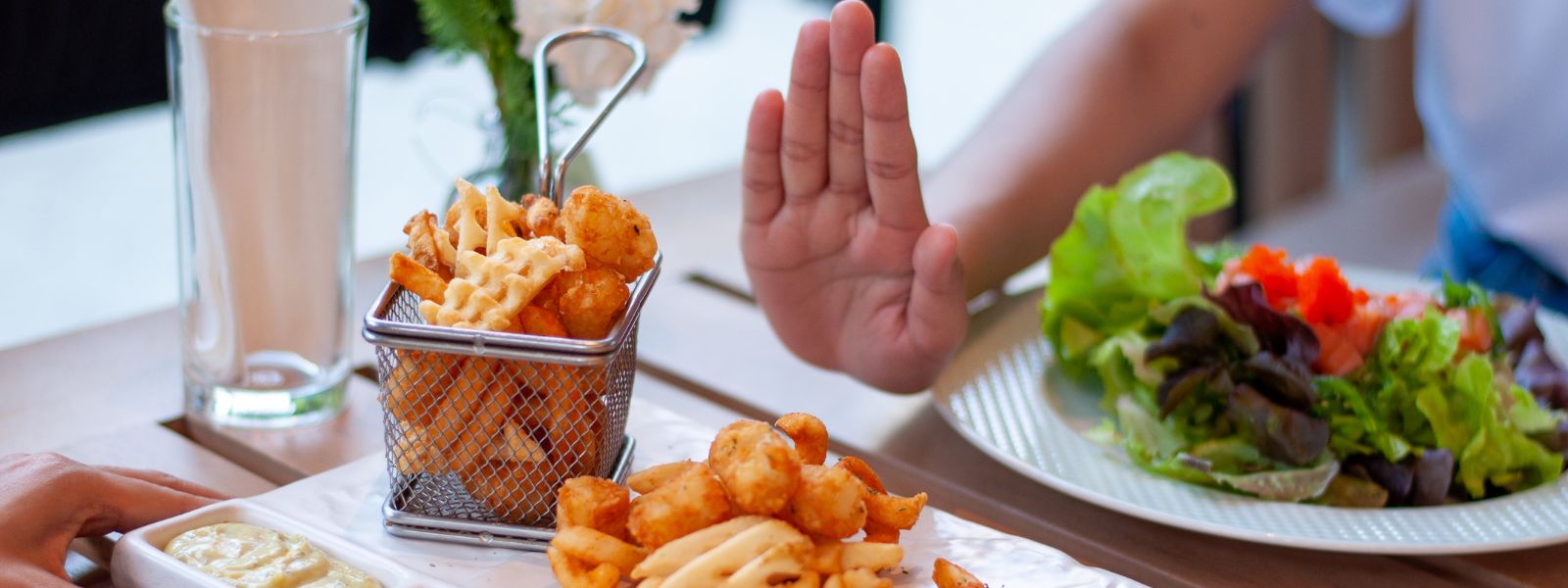
A Guide To The Ten Worst Foods For IBS: What To Avoid
Living with irritable bowel syndrome (IBS) can be a constant struggle. The unpredictable and often debilitating symptoms can make it difficult to enjoy a normal life. One of the key ways to manage IBS is through diet, as certain foods can trigger flare-ups and worsen symptoms. But with so much conflicting information out there, it can be overwhelming to know what to eat and what to avoid. If you have or suspect you might have Irritable Bowel Syndrome (IBS), identifying and avoiding common dietary triggers can significantly improve your quality of life. That's why we've compiled a list of the ten worst foods for IBS, to help you navigate your way to a healthier and happier gut.
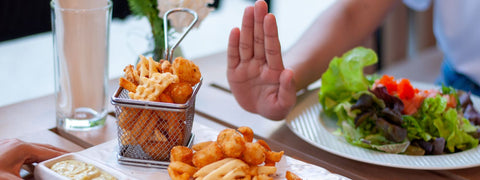
What Is IBS?
Irritable Bowel Syndrome (IBS) is a common gastrointestinal disorder that affects millions of people worldwide. It's characterised by symptoms such as abdominal pain, bloating, gas, diarrhoea, and constipation. While the exact cause of IBS remains unclear, diet plays a crucial role in managing the symptoms.
Foods To Avoid With IBS
Identifying the foods to avoid with IBS can be a process of elimination. What triggers your symptoms may not be the same as someone else with IBS. This is a list of the foods that are the most frequent culprits for causing discomfort.
1. High-FODMAP Foods
FODMAPs (Fermentable Oligo-, Di-, Mono-saccharides And Polyols) are short-chain carbohydrates that are poorly absorbed in the gut. High-FODMAP foods can cause significant discomfort for individuals with IBS. They can ferment in the digestive system, leading to gas, bloating, and pain. Common high-FODMAP foods include:
- Onions and garlic
- Wheat-based products
- Certain legumes
- Milk and dairy products
- Various fruits, such as apples and pears
The Low-FODMAP diet may be something for you to investigate.
2. Dairy Products
Dairy products, loved by many, can be problematic for IBS sufferers, primarily due to lactose, the sugar found in dairy, which many people find difficult to digest. Milk, cheese and ice cream can trigger cramps, bloating, and diarrhoea, especially in those with lactose intolerance. This doesn't mean you must banish dairy entirely; instead, experiment with lactose-free options or alternatives like almond or oat milk. Also, keep in mind that hard cheeses and yoghurts tend to have less lactose.
3. Fried and Fatty Foods
Fried and fatty foods can aggravate IBS symptoms. High in unhealthy fats, they can stimulate the gut and increase bowel movements, leading to discomfort. Additionally, the process of frying can create compounds that irritate the gut lining. Instead of fried meals, opt for baked or grilled options. Experimenting with herbs and spices can ensure your dishes are still packed with flavour. Opt for baked or grilled versions of your favourite foods instead.
4. Beans and Legumes
Beans and pulses, though rich in protein and fibre, can be challenging for IBS sufferers. They contain a type of sugar, oligosaccharides, which can ferment in the gut, leading to wind, bloating and discomfort. Try introducing them slowly into your diet to gauge your tolerance. Alternatives such as lentils, chickpeas and tinned varieties, which are easier on the gut, can also be explored. Soaking beans before cooking and choosing smaller portions may help mitigate effects. Consulting with a dietitian can provide further guidance and ensure you're still getting the nutrients you need.
5. Coffee and Caffeinated Beverages
Caffeine, present in coffee, can stimulate the intestines, leading to diarrhoea or increased frequency of bowel movements for IBS sufferers. Not everyone is the same, though - some people may tolerate a cup or two. It's essential to pay attention to your body's response and adjust your intake accordingly. Decaf may be an alternative, but watch out for high levels of acidity which can also trigger symptoms.
6. Artificial Sweeteners
Artificial sweeteners, commonly used in 'diet' or 'sugar-free' products, can wreak havoc for IBS sufferers. Many contain sugar alcohols such as sorbitol and mannitol, which can lead to gas, bloating and diarrhoea. Although it might seem challenging, try to limit your intake of these sweeteners and explore natural alternatives like stevia.
7. Alcohol
Alcohol, particularly in large amounts, can irritate your gut and cause IBS symptoms. Its diuretic nature can trigger diarrhoea, whilst its high sugar content can lead to bloating. It's about moderation and understanding your body's tolerance. Opt for drinks with lower alcohol content and steer clear from those mixed with carbonated beverages or high in sugars.
8. Spicy Foods
Spicy foods can be a controversial topic for IBS sufferers. Capsaicin, the compound that gives chillies their heat, can stimulate gut movements, potentially worsening symptoms such as diarrhoea. However, not all individuals with IBS will react negatively to spicy foods, making this a truly personal aspect of the condition. If you're fond of heat in your meals, consider gradually reducing the spice level to see how your body responds. In the end, it's about creating a meal plan that is both satisfying and gentle on your gut.
9. Gluten
Gluten, a protein found in wheat, barley and rye, is one of the most common triggers for IBS symptoms. Even a tiny amount can cause significant discomfort, leading to bloating, diarrhoea, and constipation. It’s not just bread and pasta either; gluten is hidden in many processed foods, making it tricky to avoid. Consult with a dietitian or nutritionist to help guide you towards a gluten-free diet, offering alternatives that won't compromise your overall nutrition. Even those without coeliac disease may experience relief by adopting a gluten-free diet.
10. Processed Foods
Processed foods, whilst convenient, can be a minefield for IBS sufferers. Often packed with artificial additives, high fructose corn syrup and unhealthy fats, these foods can intensify symptoms. What's more, many processed foods contain hidden gluten and dairy, common IBS triggers. Whilst it may seem daunting, try gradually replacing processed foods with fresh, whole foods. You'll not only aid your IBS management, but also improve your overall health. As always, every person's IBS journey is unique, and it's about finding what works best for you. Focusing on whole, unprocessed foods can help manage symptoms more effectively.
Living with IBS requires a careful approach to diet and nutrition. By identifying and avoiding foods that trigger your symptoms, you can maintain a healthy, balanced diet while minimising discomfort and improving your overall quality of life.
From the feedback we get, Blend11 seems to be very IBS-friendly being very low in carbs / sugars & Low FODMAP. Specially formulated for anyone wishing to support healthy, comfortable digestion & metabolism, & for those following the ‘Low FODMAP Diet’ as part of their IBS management plan, Blend11 may very well help ease your symptoms.
Remember, it's essential to consult with a healthcare professional before making significant dietary changes, especially if you have or suspect you have IBS. Each person's triggers can be different, so what might be a problem for one individual may not be for another. Finding what works best for you is key to managing IBS effectively.

